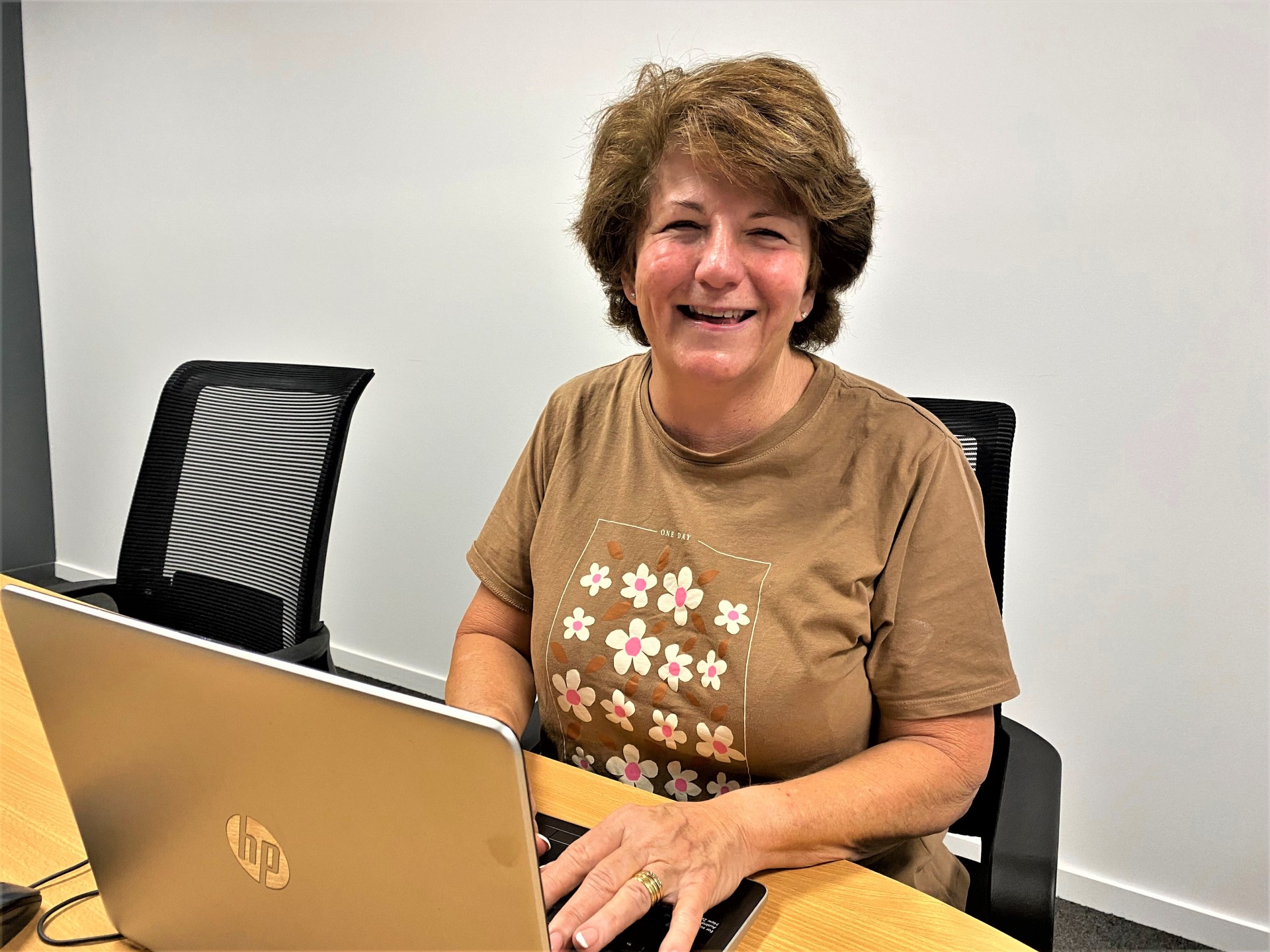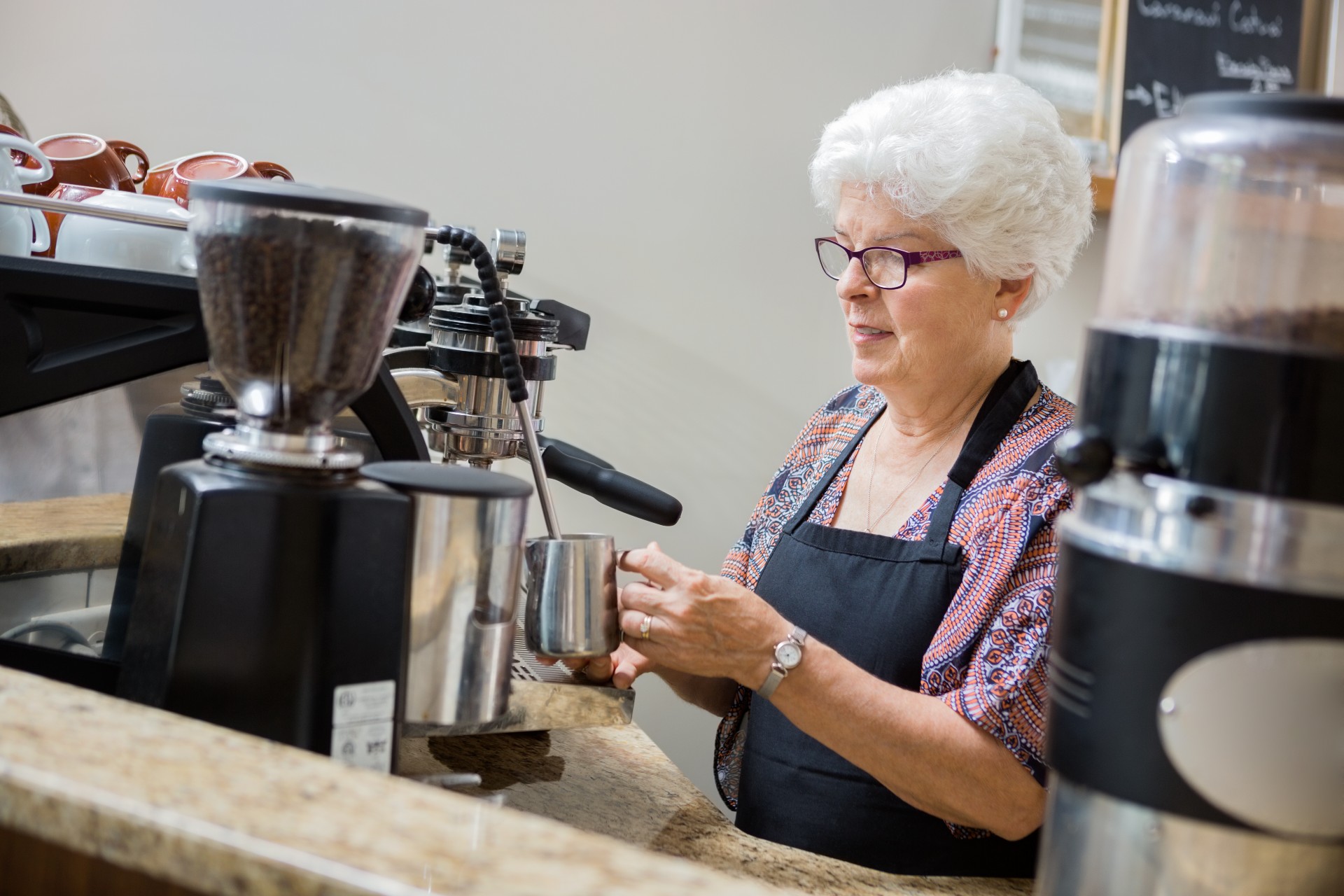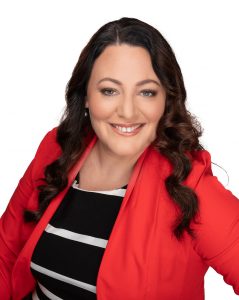“Why put people out to pasture because they have hit what we classify as a use-by date?”
That’s the question Wurtulla woman Anne Alvos poses, given that Australia has reached full employment for the first time since the 1970s, yet the “job vacancy” listings and “help wanted” signs continue to go up everywhere.
Anne reckons Australia should be acknowledging the untapped experience, expertise and wisdom of retirees and older Australians and encouraging them back to the workforce as one possible solution to the crisis.
Worker shortages are being felt across the board in industries from hospitality to construction, as well as medical and aged care services, as Australia’s unemployment rate hovers around almost 50-year lows.
The Australian Bureau of Statistics puts the nation’s current unemployment rate at 3.4 per cent, down from 3.5 per cent for the past couple of months and equal to a low set in July this year.
But some employers remain reluctant to offer even a passing interest in resumes of the older generation.
And while there’s no such thing as a ‘retirement age’ in Australia, nor any laws that dictate when someone can retire, many businesses and organisations frown upon even their most loyal, knowledgeable, fit and healthy employees working past the age of 60 or 65.
Ageism is still rife in Australia.
But Anne, 59, is adamant older Australians can be an invaluable asset to any company.
She also has experienced first-hand what joy, fulfilment and accomplishment older Australians can feel after returning to the workforce or transitioning to a new industry later in life.

It may have taken nearly 40 years but Anne has finally found the job she adores. She took what she describes as ‘a leap of faith’ to pursue a long-held dream of working in the aged care and disability services industry.
Finding herself as an empty nester with paramedic husband Mark, 61, Anne had been working part-time for 13 years as a Woolworths delicatessen retail assistant when she made the decision to go back to classroom study for the first time since leaving school.
“It was wanting to do something for myself – something better than the same mundane thing every single day,” she says.
The former bank clerk, school road safety “Lollipop Lady” and domestic cleaner knew she had a lifetime of lived experience behind her as a wife, mother of now three grown boys, and carer of her late mother Wilma. She also possessed the diversity of skills that comes with being the “CEO” of her own household.
“I was caring for mum about eight years on and off,” Anne remembers.
“Once she was placed in Glenbrook (Residential Aged Care) in Nambour, I saw how the people at the home looked after her – their caring natures.
“I thought I’d like to get into that sort of work. You want to be that person for someone else’s mother.”
After a six-month, government-funded Certificate III course in Individual Support (Ageing and Disability) through STEPS Education and Training, plus 120 hours of unpaid practical work, Anne started a caring role with the elderly but realised it wasn’t for her.
She is now employed in disability services for IFYS, with two clients in a supported independent living house.
“I always wanted to be a nurse but never got the grades and never studied hard enough,” she says.
“But now I absolutely love my job. Love, love love.
“They (the clients) make you happy because they know no different. They make me happy because I can give to them and I can make their life better by being me.
“Im there for them. I’m there to advocate for them.”

Older Australians and retirees have many reasons for returning to the workforce or seeking to switch industries and roles. Some have spent their lives as care givers and need to regain a sense of independence and purpose once children grow up and move away, or after losing a loved one.
Others may have chosen the more financially stable career path but have longed to test themselves in other areas such as retail, hospitality or creative fields.
Still more have simply become bored in retirement and want to keep their minds and bodies active.
The Sunshine Coast’s Kate Langford sees this on a daily basis. Her Kate Langford Career Consulting (www.katelangford.com.au) business supports clients, mainly aged between 40 and 60, with a range of services including career clarity and coaching, resumes, cover letters, and LinkedIn and interview training.
Ms Langford agrees that retirees and older Australians could alleviate the worker shortage crisis but says many employers need to change their recruitment mindset.
She says employers may be missing out on “highly employable” workers in the older age bracket who are job ready.
“The employer needs to pivot how they’re actually recruiting – not just based on skill sets. That’s where the onus falls,” she says.
“Employers need to recognise that they (older people) may not know how to sell themselves on a resume and verbally. But if you give them a chance and really see them individually, they have so much to offer.
“They have the experience but, more importantly, transferable skills that need to be recognised.
“Employers need to be able to see through their resumes of previous roles and see if their skill set is transferable, related, trainable and look outside the box.
“You can train the right person with a good work ethic and experience. Employers sometimes look for the quick fix on hiring but the right people are there, willing and ready – they just need the opportunity.”

Ms Langford has seen many retirees and older people easily transition into roles in customer service and training, as well as in-demand aged care and disability services. Usually, they are more willing than younger generations to put in the time and effort to go above and beyond what is necessary.
“When they’re given an opportunity, they just grab it with both hands, rather than say, ‘It’s just a job’. They actually appreciate it,” Ms Langford says.
“They might take a bit longer to train but the actual outcome is far better because of that passion, because of the motivation, because they want to learn.
“I’ve hired someone who’s 55, an ex-teacher, this week as a career coach and I’ve also hired a lady in her late 40s, who’s been running her own cleaning business, into a career coaching role – all because of transferable skills or because of that ‘X’ factor.
“They had transferable skills that were aligned to this role and will stand out once the training has been completed.”
While parents all over Australia try to nurture confidence in our children and assure them they can do whatever they set their mind to, we often feel uncomfortable blowing our own trumpet and lack the drive to sell ourselves in applying for jobs.
We may fail to recognise our own talents and skill sets.
“Listing out your skills is so hard to do yourself, which is why we help so many older people write resumes,” says Ms Langford, whose website offers free, 20-minute chats.
“They just undersell themselves. But definitely all those skill sets are what you’ve been doing every day,” Ms Langford says.
“If you’ve been a stay-at-home mum … the skill set might be about budget management.”
Anne urges older Australians and retirees to return to the workforce if they want to – a step forward for themselves and a stronger workforce for Australia.
“I love my job. It’s the happiest I’ve ever been,” Anne says with genuine certainty.
“I should have done it years ago.
“I love helping people who can’t help themselves and I love feeling needed.
“You feel good. You feel like you’ve accomplished something. You’ve made someone happy. You’ve done something for someone that they can’t do.
“You can’t go on thinking, ‘Oh, I could have done that job’.
“You’ve just got to take that leap. What have you got to lose?”
SUBSCRIBE here now for our FREE news feed, direct to your inbox daily!





